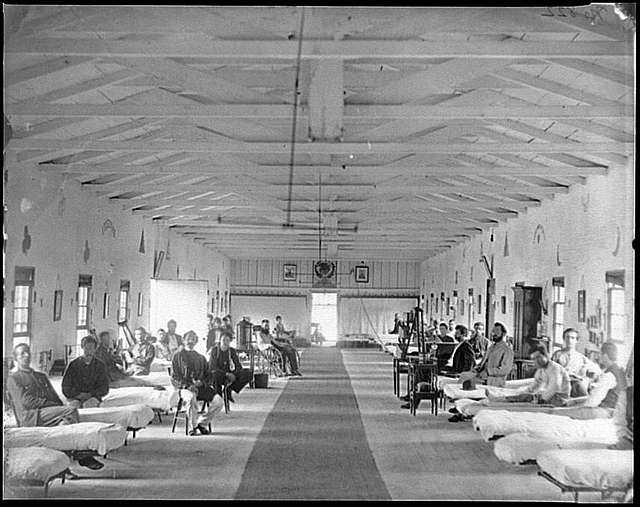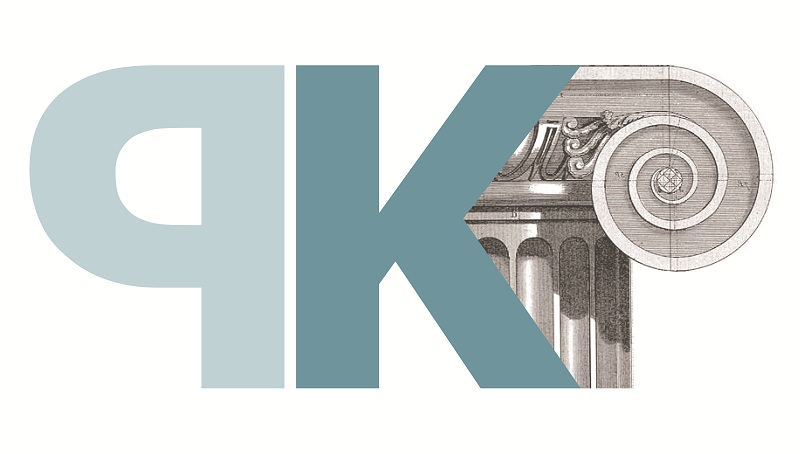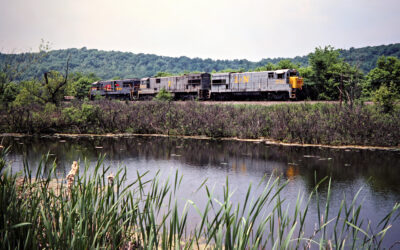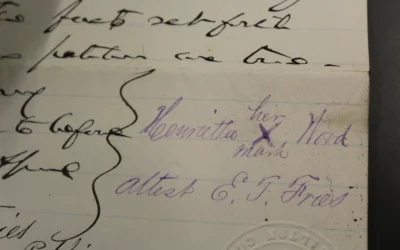Are You a Beginner? Here’s Some Help
Professional genealogist Cynthia Maharrey explains how to get started with your family history by creating a pedigree chart. Then she explains how obituaries help complete the picture. This was the first tip from her talk, Getting a Good Start: What I Wish I Had Known About Genealogical Research When I Began, which is available in the Member Portal.
Video Transcript
How Do You Begin Your Family Research?
As genealogists, we research backwards through time from what we know to what we don’t know, and whom do you know better than anyone else? Yes. You, your family history, be it African American, Brazilian, Chinese, Danish, English.
Your Family Research Begins with You
Your pedigree chart begins with you. It is very tempting to create a free account on a nice shiny website, start plugging in names and attaching people to your tree.
In the name of full disclosure, that’s exactly what I did back in the 1990s when I started. But be warned, if you don’t really know what you’re doing or what to look for and why, you’re gonna wind up perhaps with a complete do over on your hands, and in the name of full disclosure, that’s exactly what I wound up with. So be careful.
Now, once you fill out your information, you go next to your parents. First your dad, his full name when and where he was born, married, possibly when and where he died. And then below your father drop down, there’s number three, you fill out the same information for your mother. Then you go on your grandparents, paternal, maternal: wash, rinse, and repeat. Then the great-grandparents. Wash, rinse, and repeat.
At this point you may have to skip some blanks. You may not know some of the answers and that’s absolutely fine. Keep going backward one generation at a time, filling out everything you do know. And when you run out of answers completely, you take a look at your pedigree chart and you look at all that information.
Do You Have Sources?
You fill out all that stuff, you know, and you ask yourself, “Do I have documents to back up the information on each blank I filled out?” In other words, start at the beginning with you. What proof do you have of your birth? Do you have your birth certificate? Great! Newspaper clipping? Wonderful. If not, you need to get your birth certificate. Okay.
What about your father and your mother’s birthdate? You get copies where? Well, first ask them for them. What about documentation regarding the death of your great, great-grandmother? You have to have the documentation to prove what you’re saying now. You’re gonna start with home records and remember they can be anywhere: safe, attic, basement, barn, loft, root cellar.
Obituaries are a Common Record to Have
I mentioned the piano bench because that is where all the newspaper collections and anything having to do with the deaths in any way, shape or form of my family members were kept in the piano bench. This is a picture I took of the piano bench several years ago. And as you can see, clipping heaven! That thing is about three inches deep and it was jam packed.
There were also funeral cards and laminated memorial bookmarks provided by the undertaker. Now these home records provide insight into a person’s life, usually to a greater degree than what the death certificate provides. This is where you find the information about the ripples of a person’s life, more than just that they died on such and such a date. So let’s look at some home records that you might have.
Obituaries, they are notices of a death. Usually provide the funeral arrangements for the deceased. This one is my great-grandmother’s and it provided an incredible amount of very helpful information. Sometimes obituaries mention military service, fraternal membership, occupation.
Consider Other Family Documents
You look into these snippets of information to provide a more complete picture of the individual. You might find the obituary in the form of a memorial bookmark like this one. While the obituary itself does not give the date of death of my grandfather, the bookmark does. It also gives the name of the newspaper in which the obituary was published. And this is helpful because over time that newspaper may have published other articles about my grandfather or other family members.
Funeral cards or memorial cards, typically provide a birth and death year, and the date of service or internment for the deceased. This will point you to the correct year to look for a state issued death certificate.
They also usually tell the name of the funeral home, which handled the service because they’re usually produced by that funeral home and for the funeral home. If it’s still in existence, it may have those records, which might have more information about the person who passed.
In addition, the names of the pallbearers are invaluable. They might have been relatives or in-laws at a minimum. They were usually friends or coworkers of the deceased. Now in this case, Garfield Crawford, wasn’t a member of our family at all. However, he did own a café in the town and was the man who gave my maternal grandfather his very first job sweeping up the floor for a dime.
References
- Getting Started with Research
- Tips for Finding Vital Records
- Free Fillable Genealogy Forms





